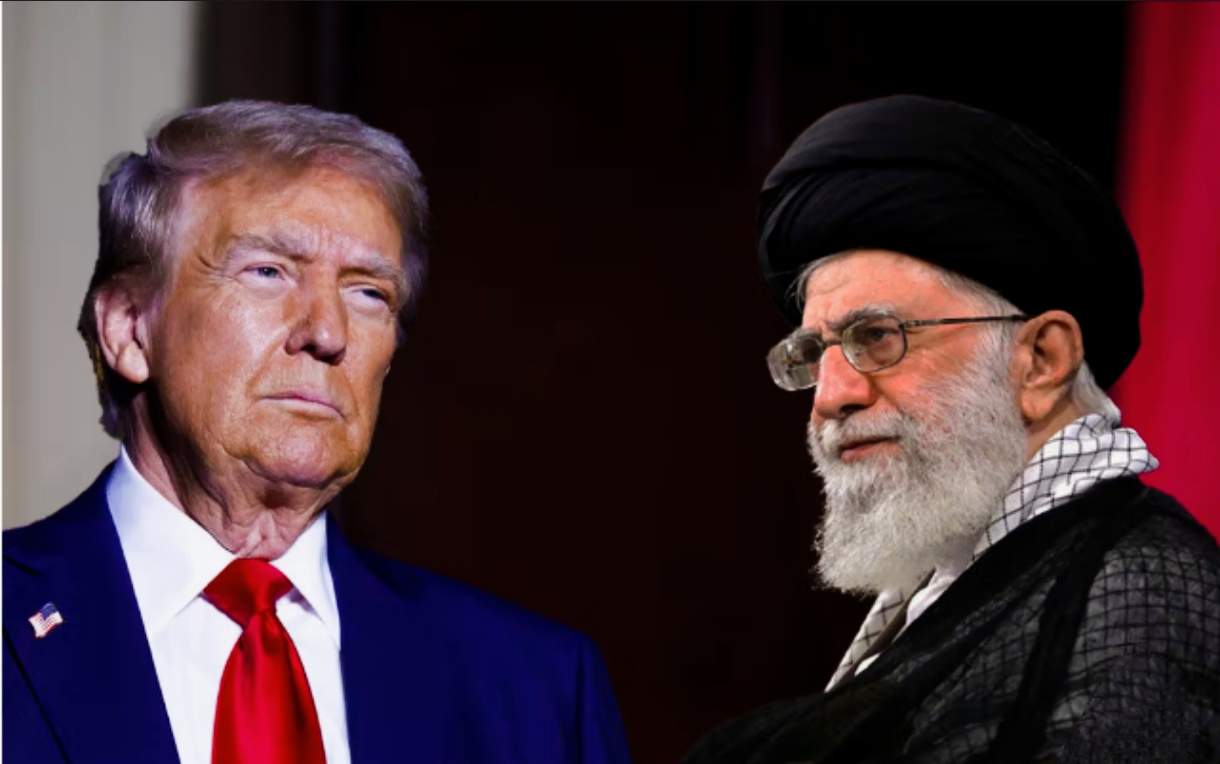In a dangerous escalation reflecting unprecedented tension in the region, US President Donald Trump informed his top aides last night, Wednesday, of his preliminary approval of plans to launch a military attack on Iran, but he postponed making the final decision pending whether Tehran would abandon its nuclear program.
According to three sources familiar with the discussions as reported by the Wall Street Journal, Trump hopes that the American threat will compel the Iranians to surrender, especially amid continued Israeli strikes against Iran for the sixth consecutive day.
Trump did not definitively confirm his decision, stating in press remarks: "I may do it, and I may not," emphasizing that "the coming week will be extremely decisive, maybe less than a week."
These statements come amidst notable military movements in the region, as the US military deployed a third destroyer to the eastern Mediterranean, while a second US aircraft carrier heads towards the Arabian Sea, significantly bolstering the American military presence in the region.
Meanwhile, Iran's Supreme Leader Ali Khamenei warned that his country will not surrender, stating that any US military intervention would have irreparable consequences.
It appears that Tehran completely rejects the idea of retreat or making concessions under pressure, while Israel continues to daily bombard targets inside Iran, resulting in significant human casualties.
Reports indicate that the number of fatalities in Iran due to Israeli airstrikes has exceeded 450, according to a human rights organization, while Iranian retaliatory strikes resulted in the deaths of 24 individuals inside Israel.
Although the Pentagon insists that the American military reinforcements are purely defensive, observers see it as a tactical step to prepare conditions for the possibility of Washington officially joining the war.
On the European side, intensive diplomatic consultations are taking place, with a German source revealing that the European Union is engaging in nuclear talks with Iran in coordination with Washington, paving the way for a technical dialogue that may help alleviate the crisis.
In Britain, the government under Prime Minister Starmar has put state apparatuses on alert in anticipation of an imminent American attack on Iran, a clear indication of growing European concern about sliding towards a comprehensive regional confrontation.
In this volatile and accelerating situation, the next few days appear crucial in determining the course of events: either a diplomatic breakthrough or a slide towards an open multi-front conflict.

